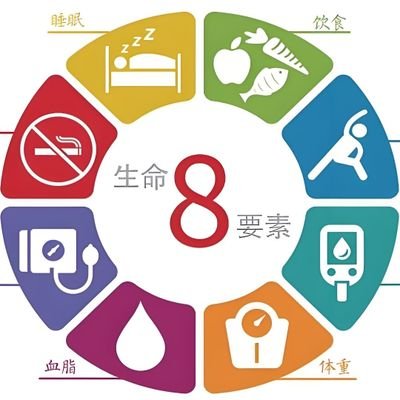1年前
相关新闻

Ken Wong
2个月前
当年看完电影觉得有希望了,可谁料到穷病还得穷药治,现在进口药停了,国产仿制药来治穷病了。

背包健客
2个月前
仿制药 VS 原研药

Ken Wong
2个月前
当年看完电影觉得有希望了,可谁料到穷病还得穷药治,现在进口药停了,国产仿制药来治穷病了。

背包健客
2个月前
仿制药 VS 原研药